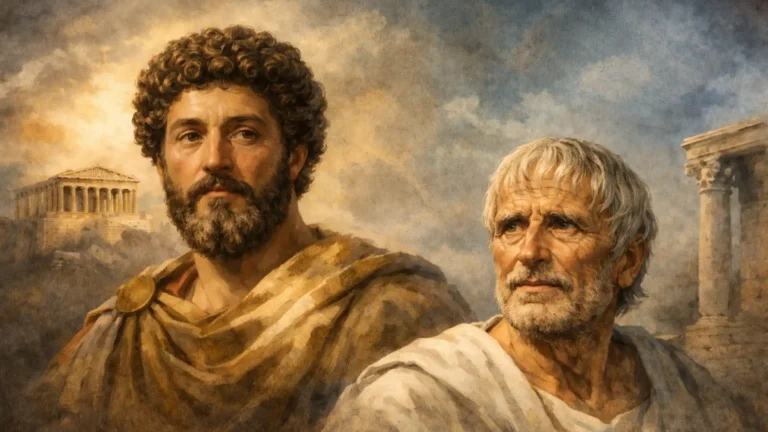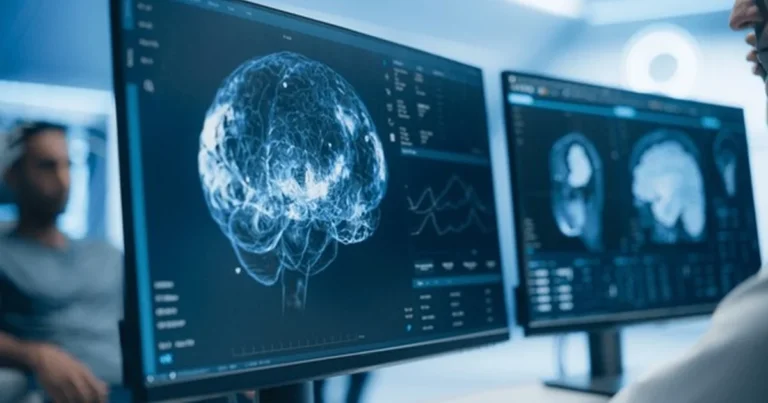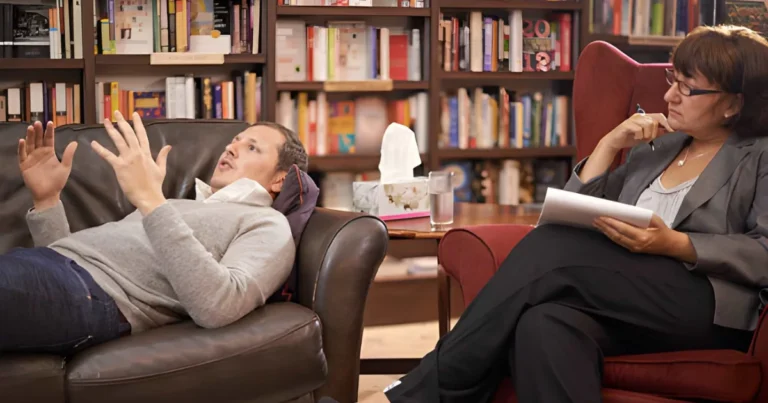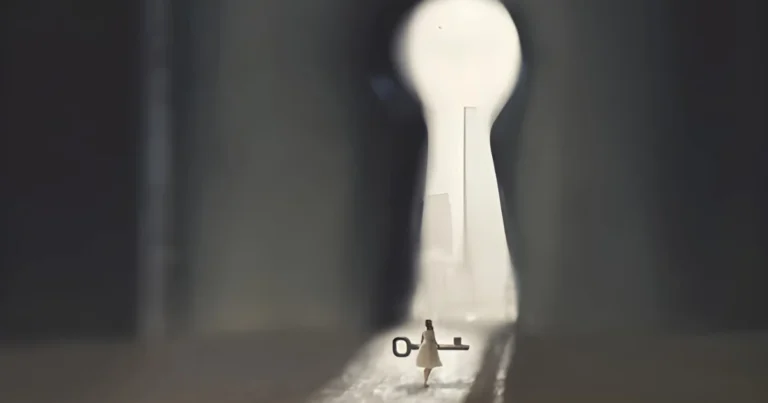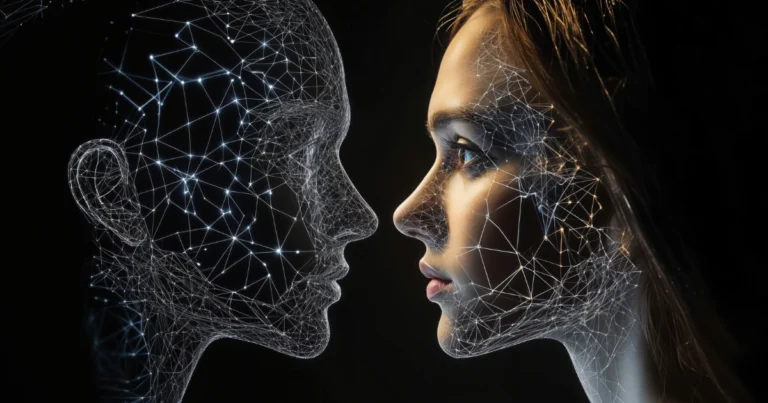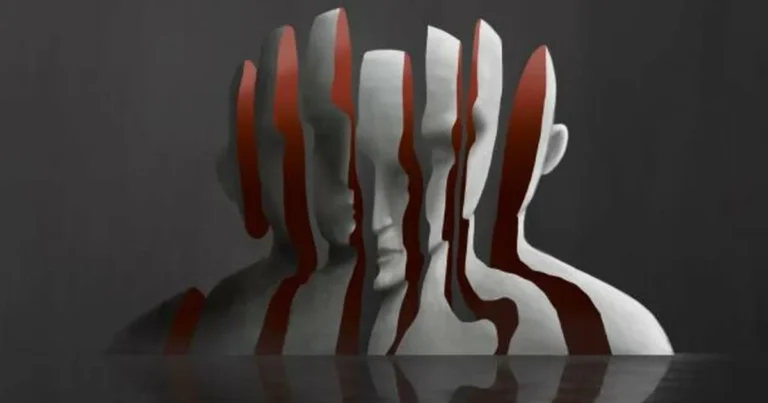Why second place hurts more than failure
London, summer 2012. The North Greenwich Arena is alive with applause. Sixteen year old McKayla Maroney walks toward the vault as if the gold medal were already hers. A dominant force in artistic gymnastics vault, she had led the qualifications and entered the final as the clear favorite. That day, however, after a spectacular first…


